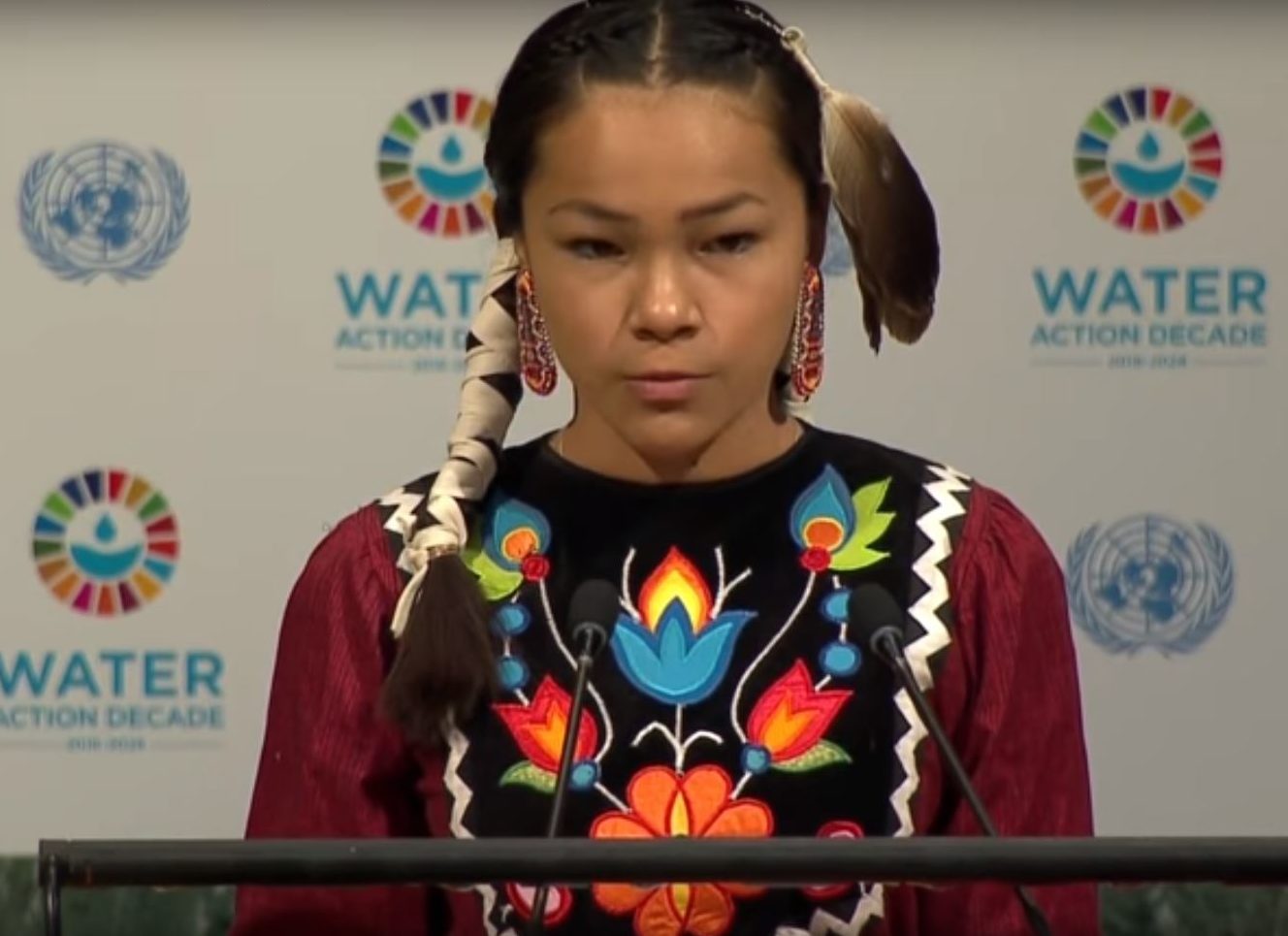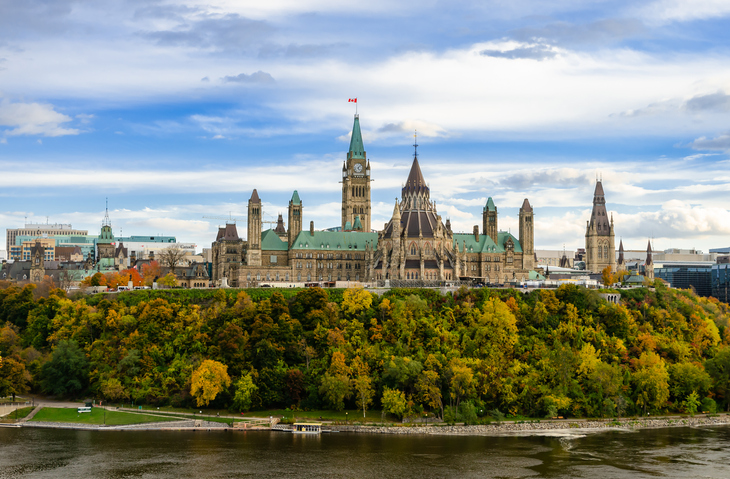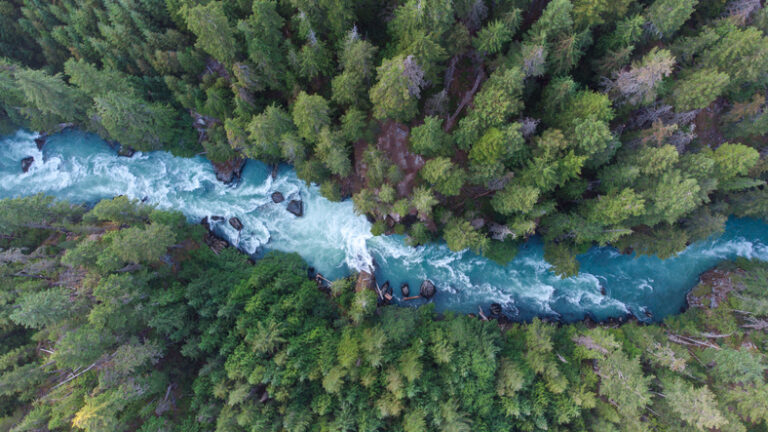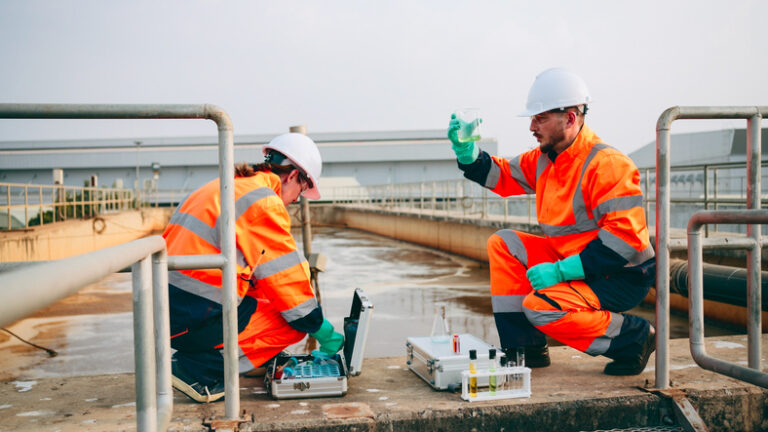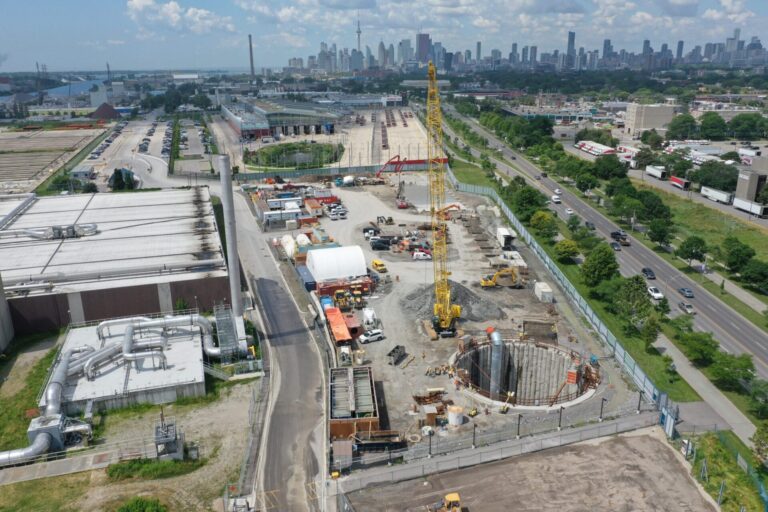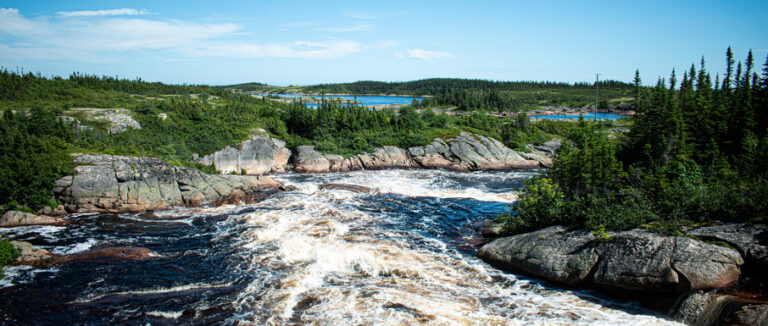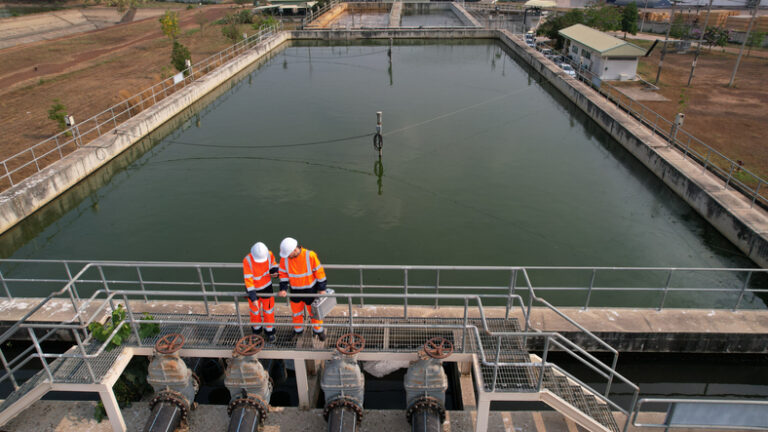Indigenous Canadians spoke out on World Water Day 2018, the start of the International Decade for Action — Water for Sustainable Development 2018–2028. They called for a shift in how our society, and societies globally, value water.
Autumn Peltier, a 13-year-old from Wikwemikong First Nation on Manitoulin Island, addressed the United Nations General Assembly yesterday. “We must do something, and we need to do it now,” said Peltier. “Now is the time to warrior-up and empower each other to take a stand for our planet. We need to sustain the little we have now, develop ways not to pollute the environment, sustain relationships with mother earth, and save what we have left.”
The Treaty Alliance Against Tar Sands noted in a release that Peltier has travelled the world as a celebrated ambassador for Nibi (water) and was the only child from Canada to be nominated for the 2017 International Children’s Peace Prize. On March 10th, Peltier led a delegation of Treaty Alliance Chiefs from across Canada to BC to support, along with thousands of Coast Protectors, the “Kwekwecnewtxw — Protect the Inlet” project by Coast Salish water protectors who built a traditional Watch House in the path of the Kinder Morgan pipeline.
“Water is sacred for First Nations and key to a healthy environment and the health and well-being of all living things. Yet too many First Nations are living at risk with no access to clean water,” said Assembly of First Nations (AFN) National Chief Perry Bellegarde. “This is unacceptable in a developed country like Canada. The federal government’s goal of ending all drinking water advisories in First Nations communities by 2021 is clearly a challenge, but we can achieve it by working together in a spirit of partnership and reconciliation. World Water Day is a time to reaffirm this goal and redouble our efforts.”
The United Nations has stated that 2.1 billion people in the world do not have safe drinking water in their homes. In Canada, as of March 5th there are 81 long-term drinking water advisories in 56 First Nation communities affecting 45,000 First Nations citizens who do not have access to safe drinking water.
“One day I will be an ancestor, and I want my great-grandchildren to know I tried hard to fight so they could have clean drinking water. Our water deserves to be treated as human, with human rights. We need to acknowledge our waters with personhood, so we can protect our waters,” Peltier said to the General Assembly.
“Access to clean water is a human right. We cannot wait any longer to address the question as to why we have so many existing and re-occurring drinking water advisories for our First Nations communities,” said AFN Manitoba Regional Chief Kevin Hart, who holds the portfolio for Water, Housing, and Infrastructure. “The only way the federal government will achieve their commitments to end drinking water advisories by March 2021 is through significant investments in First Nation communities and by working with us to support capacity and innovation.”
Today marks the launch by the UN General Assembly of the International Decade for Action — Water for Sustainable Development 2018–2028. The Decade will focus on the sustainable development and integrated management of water resources to achieve social, economic and environmental objectives, the implementation and promotion of related programs and projects, as well as furthering cooperation and partnership at all levels to help to achieve internationally agreed water-related goals and targets, including those in the 2030 Agenda for Sustainable Development. UN Sustainable Development Goal 6 commits to ensure everyone in the world has access to safe drinking water by 2030.
Cover Image and Video Credit: CBC.

